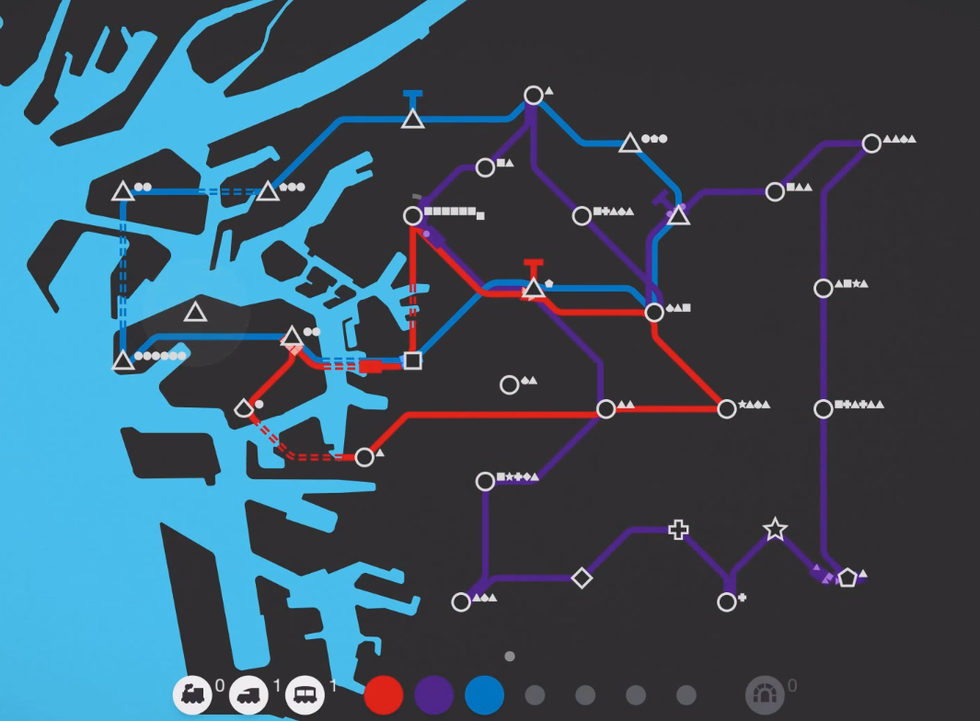In a new series, I have decided that part of my reviews will be addressing game audio in addition to soundtracks and album reviews. Game Audio is a crucial part to any video game. Yes, some games may not have an abundant amount of audio but what is implemented (hopefully in a good way) adds more than we sometimes recognize.
For my first review I am going to look at a game that I have seen emerge from its first beta and continued to follow. I got the game when there was no audio, and just a basic strategy simulation. It was fun and entertaining but it became dull because there was zero sound (I still liked it though). Months later, the sound had been implemented and the merriment of sound design and music was one. I like to think of all sound as having musical traits and vice versa. The more you listen, the more the barriers fall as to what is "noise." These elements for me personally give the game it's all. It is the icing on the cake to say the least.
Today the game audio I will be reviewing is from the game, Mini Metro. The game was developed by Dinosaur Polo Club and the music was done by Disasterpeace, aka Rich Vreeland.
The game is pretty straight forward. I will describe it briefly. The player is presented with maps of cities and your job is to build subway/metro routes from stations that pop up over time. As each level progresses the map gets larger and more stations need to be connected. Each station is meant to house a particular traveler and if they do not get to the correct station the one they're in overcrowds and you lose.
What took this game above and beyond was the audio implementation. (Trust me, I love the layout and overall aesthetic too!) Besides from having expected train and passenger sounds, the music is generated in real time with input from the user. I really enjoy games that do this. It involves taking a technique like vertical layering/mixing, and then adding a set of random variables.
It seems that each area has it's own harmonic, melodic and rhythmic patterns but that each time you play, move a route, or a station is created, the order is shifted or an element is transitioned. I can only imagine what this would look like if it was sketched in FMOD. I am sure Rich used a different implementation software to make the music more fluid in an almost sound design way ( I have nothing against FMOD, but this piece I feel would not float well in there.)
Overall, the implementation in this game allows for a different soundtrack every time the game is played. Yes there a finite set of possibilities for how these sounds can be played but you would have to play this game for millions of hours before exhausting each one. Each passenger and station and train line add an element to an evolving sound track. This is great because it keeps the music fresh for each play through and one is not stuck hearing a theme repeat and loop over and over.
I also enjoy the fact that the tempo ramps up and down with the fast play button. The music is ambient/electronic/minimalistic in style but it creates a beautiful contrast to the often hectic and stressful gameplay that one may encounter. Essentially you are always against the clock and threat of overcrowding a station. You must create a network that moves passengers quickly and effectively. The audio is a major character in this as it is both enhancing this fast pace top-view of a transit map, but sonically it is keeping you focused and calm.
Overall I really enjoy this game, and the audio that goes with it. Future game and audio designers can learn a lot from this game. I hope to see more game music done in this style.
(You need to actually play the game to experience the full quality of the music)


















